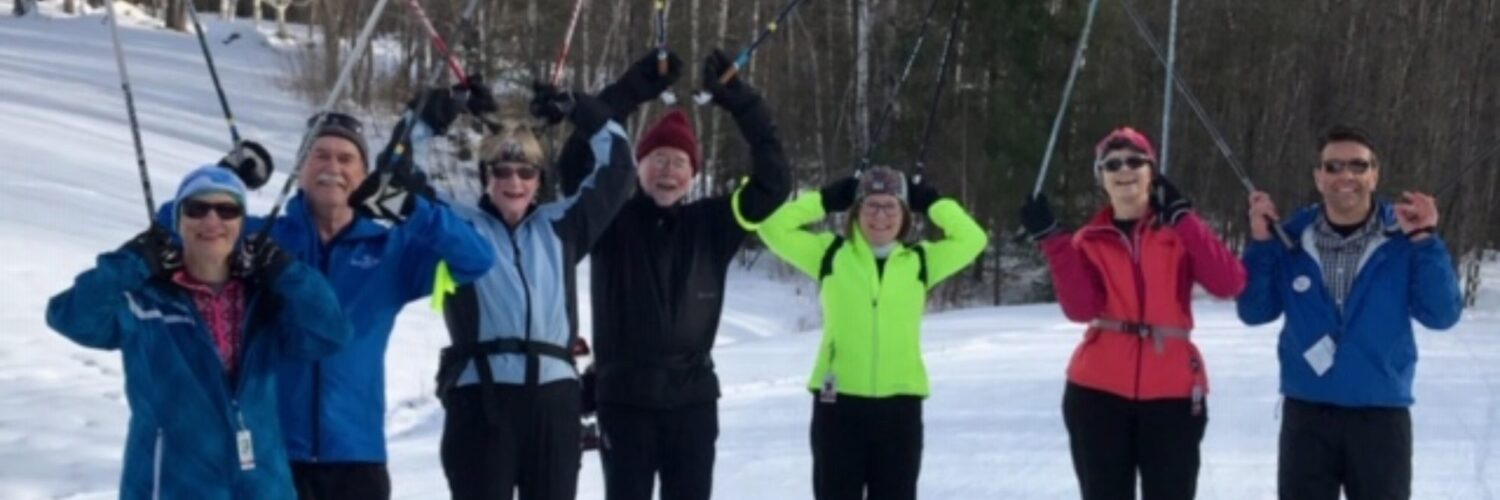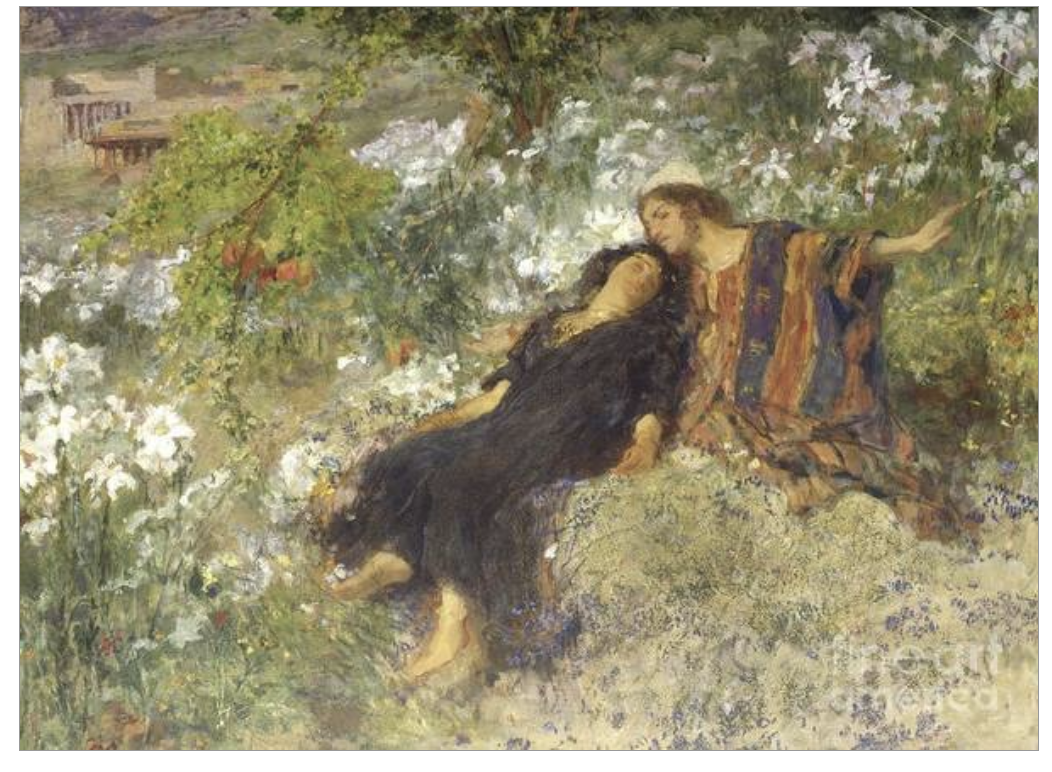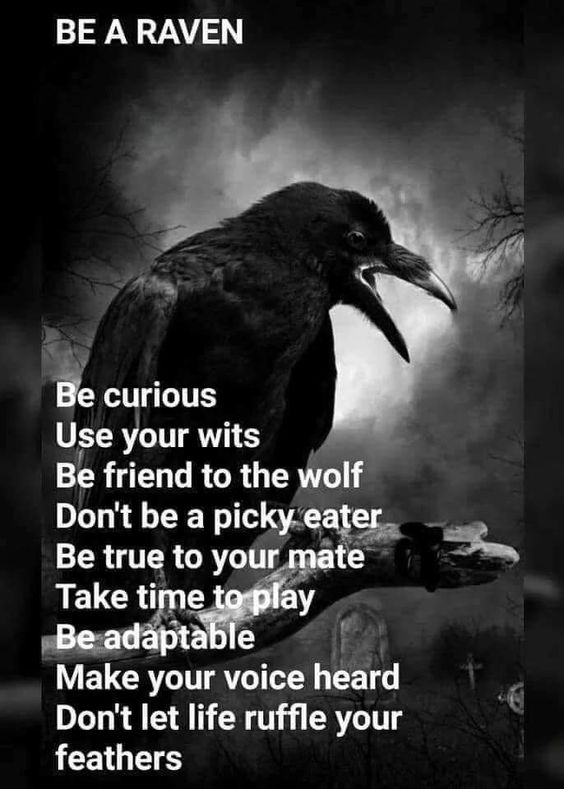Reflections from Song of Songs or the Song of Solomon as part of the wisdom texts we’re exploring
I feel so much love over my soul, it is like an Ocean I immerse and lose myself in: it is my vision on earth while waiting for the face-to-face vision in light. [God] is in me, I am in Him. I have only to love Him, to let myself be loved, all the time, […]


